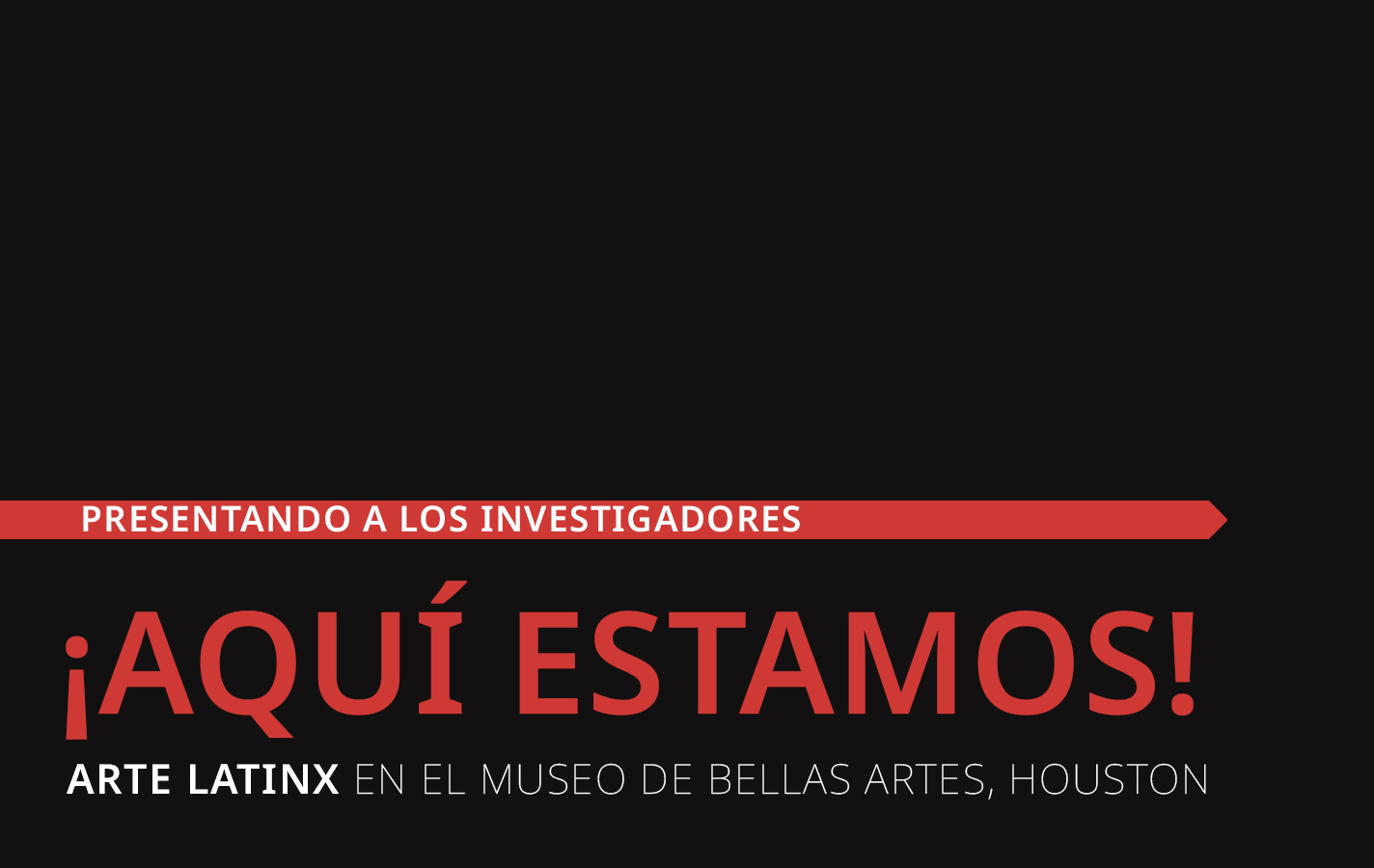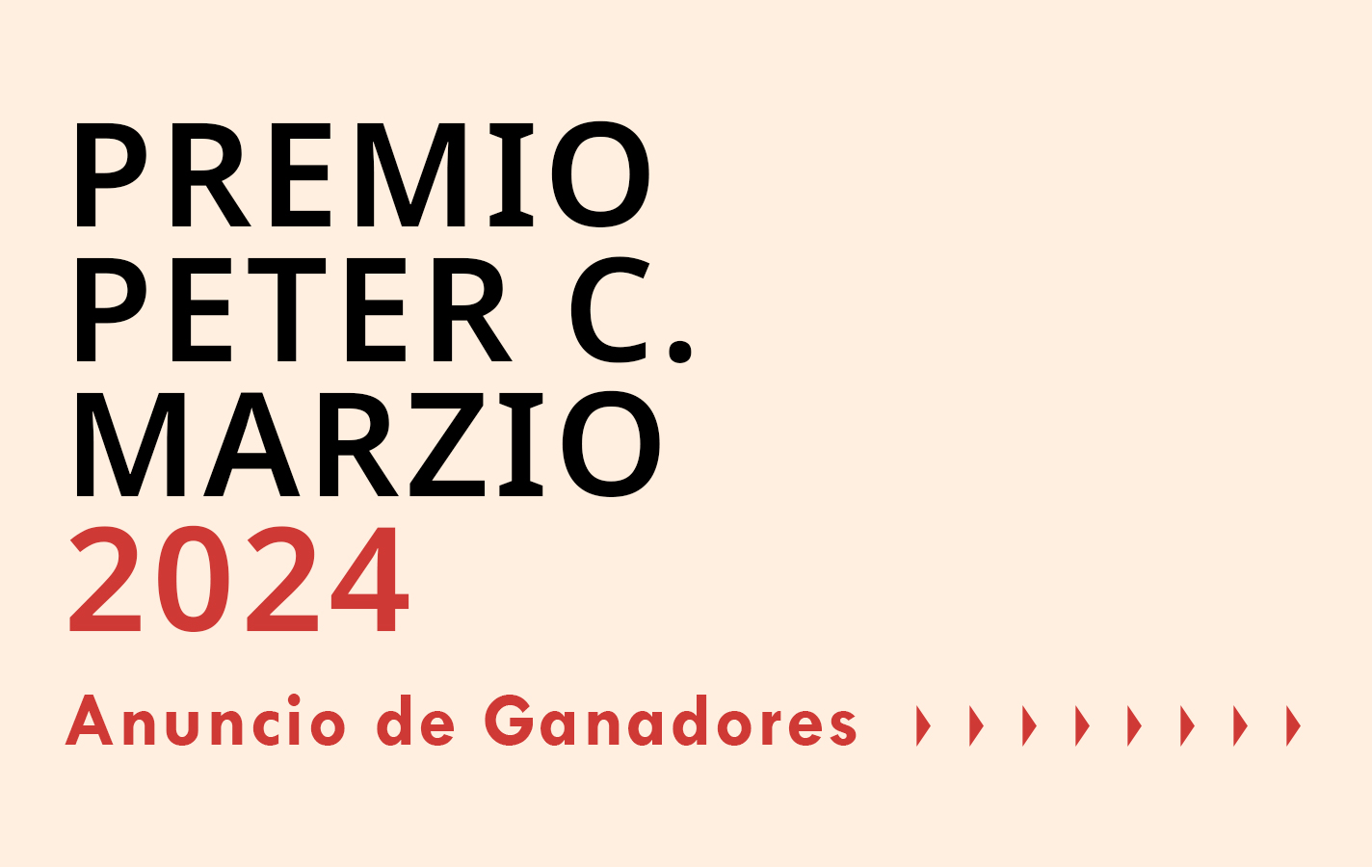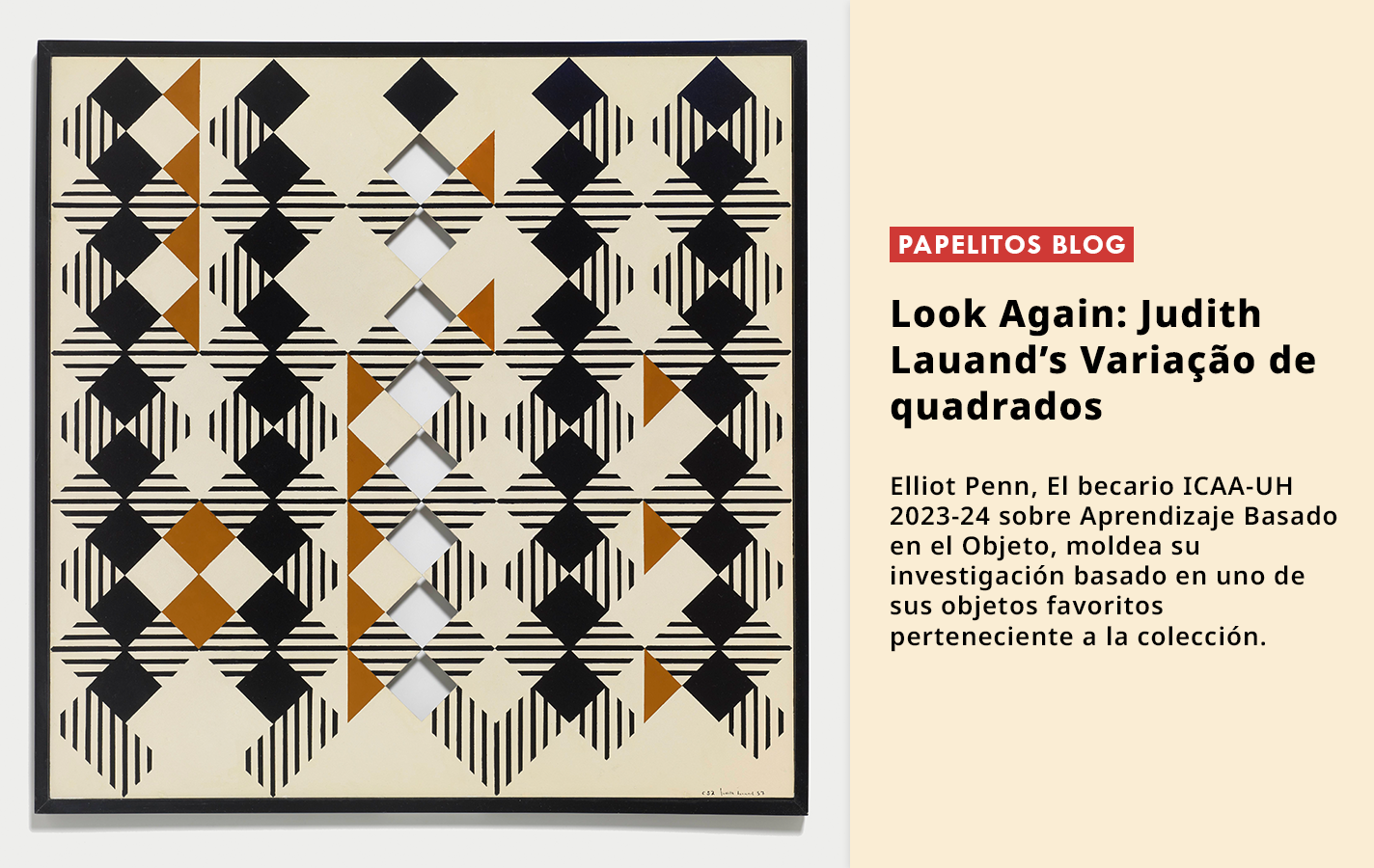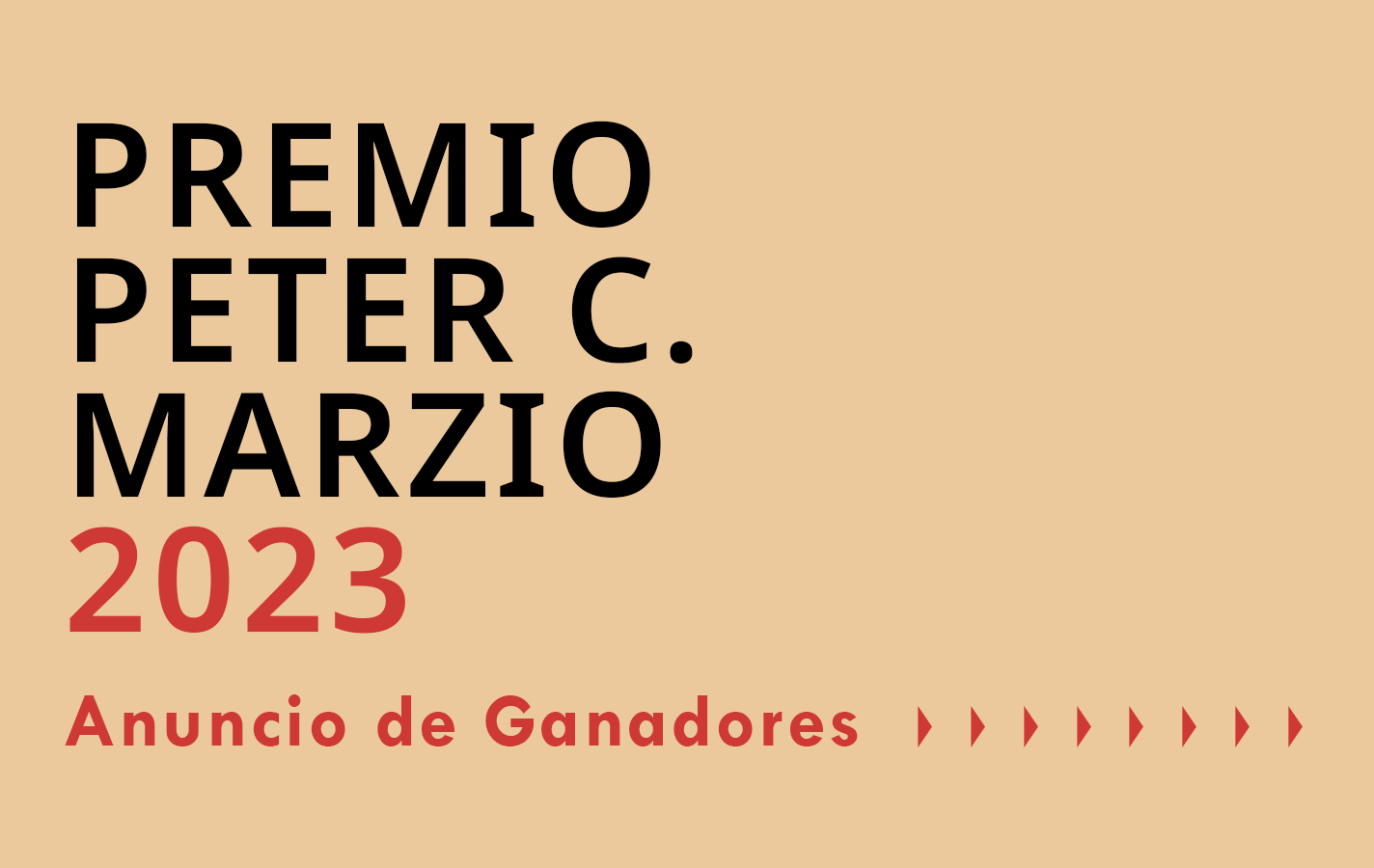September 24, 2021
This fall the ICAA resumes its Object-based Learning seminar with the University of Houston. Over the course of the next few weeks we will introduce some of the course’s faculty as well as insights and commentary from the students enrolled in the class. First up is Dr. Corina Rogge, Andrew W. Mellon Conservation Scientist at the MFAH!
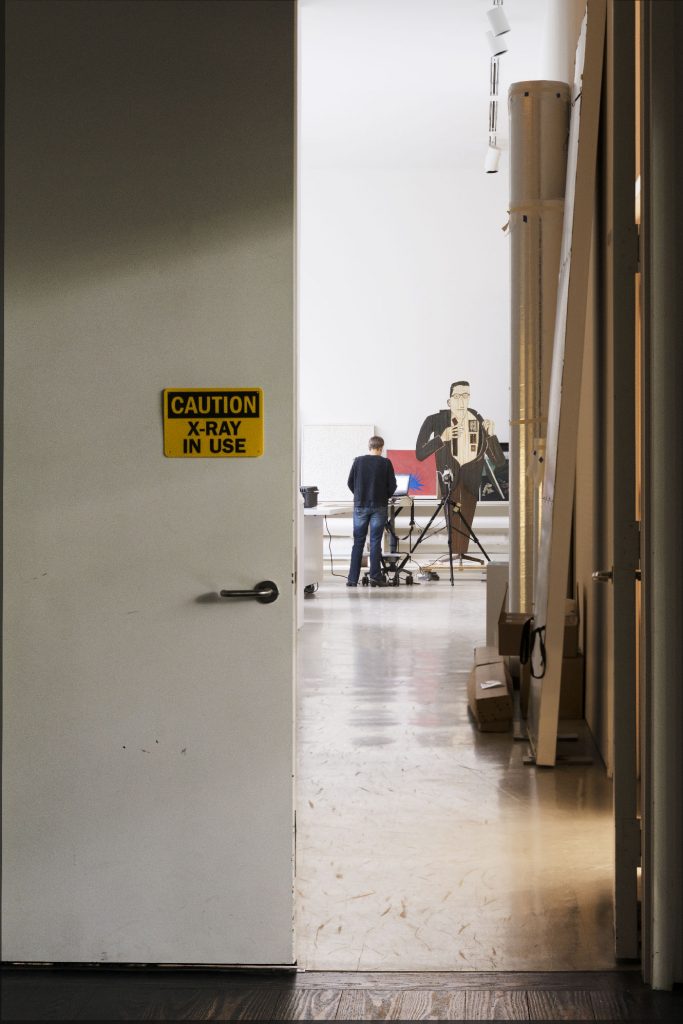
—Isabel Allende
Like people, cultural heritage objects have their own stories to tell and a close interrogation of them allows us to traverse time and space to better understand the creator, the creator’s culture and the impacts of time. Some of these stories may be read by a close examination of an object- a utilitarian earthenware pot may retain fingerprints of its maker while its form and size speak to its original use, perhaps for grain storage or cooking. However, other stories may require ‘interpreters’ in the form of conservators or scientists who can provide additional insights. X-ray images can reveal how the pot was constructed, perhaps by coil or slab building, and analysis of minute traces of residues left behind on the pot’s surface can speak to what might have been stored, cooked or served in the pot. New layers of meaning are revealed and the appreciation and understanding of the object deepens.
Conservation science is a field where scientific analysis is applied to the study and preservation of cultural heritage objects- we determine what materials an artist used (i.e. the pigments, media, and support) and then working with conservators and curatorial colleagues interpret our findings within the context of any statements an artist made, their cultural framework, and past art historical studies. It’s a highly interdisciplinary field and there is no set path of study to become a conservation scientist. I am an inorganic chemist by training, with a Ph.D. from Yale University, but my colleagues in the field have come from material sciences, physics, archaeology or imaging science programs. My chemistry background gave me all of the analytical techniques I needed, but to that I had to study art history, visual arts, and archaeology in order to understand what my data is telling me. What I love about the field is that every object is unique and has its own hidden story- and I’m the one that gets to reveal it and share it with others. This object-based learning course is a wonderful venue to share the stories I’ve learned, but even more importantly to train emerging scholars how a close questioning of an object, a Socratic interrogation of it, if you will, is invaluable, exciting and revelatory.

